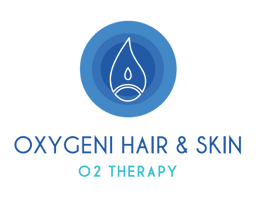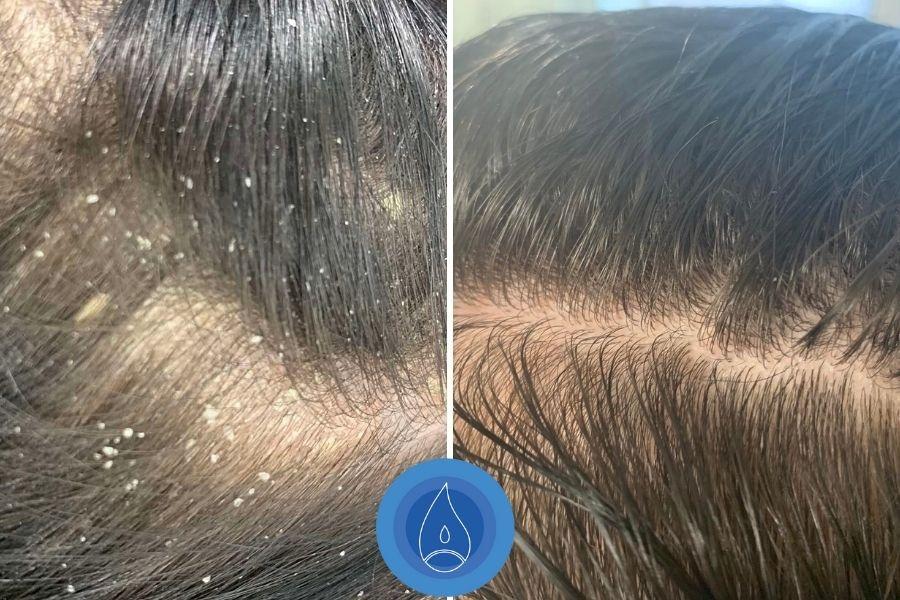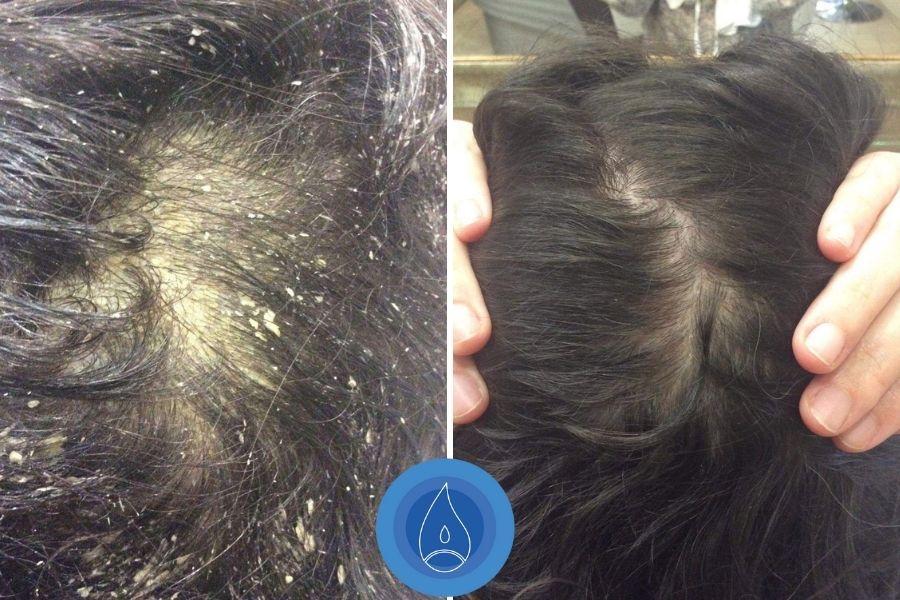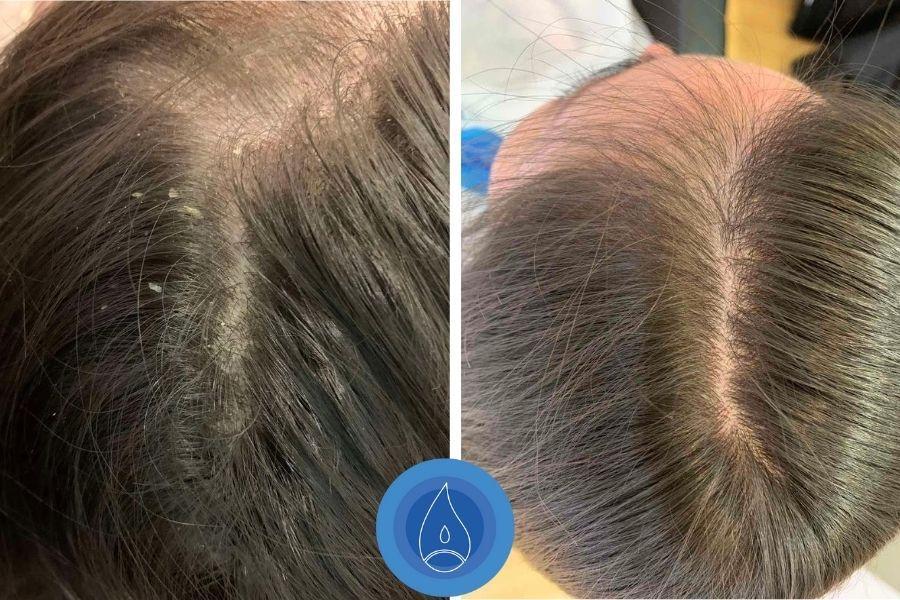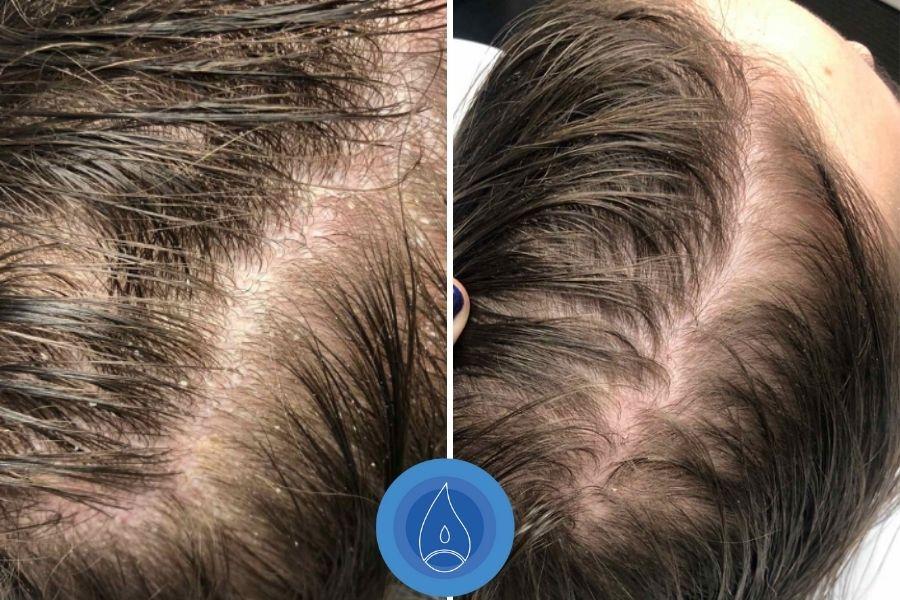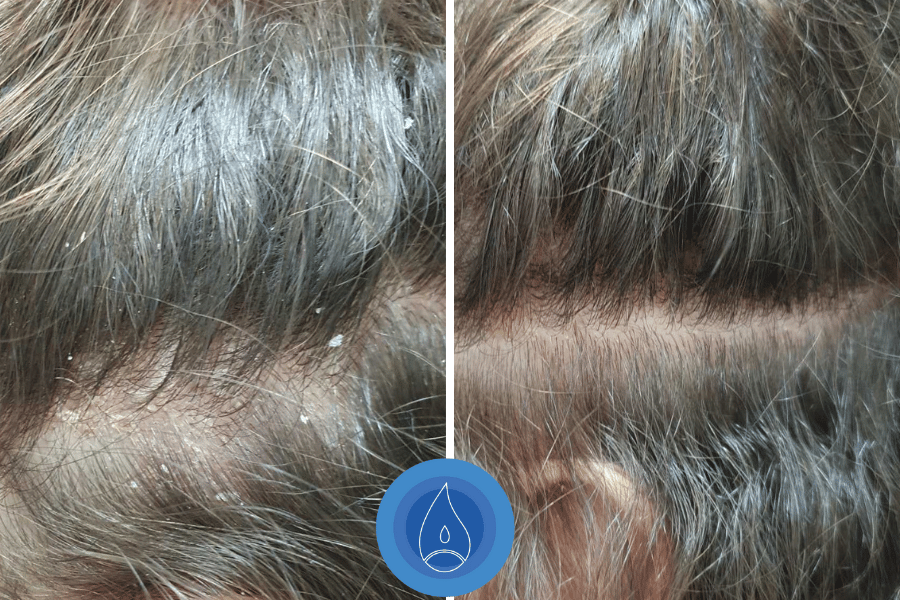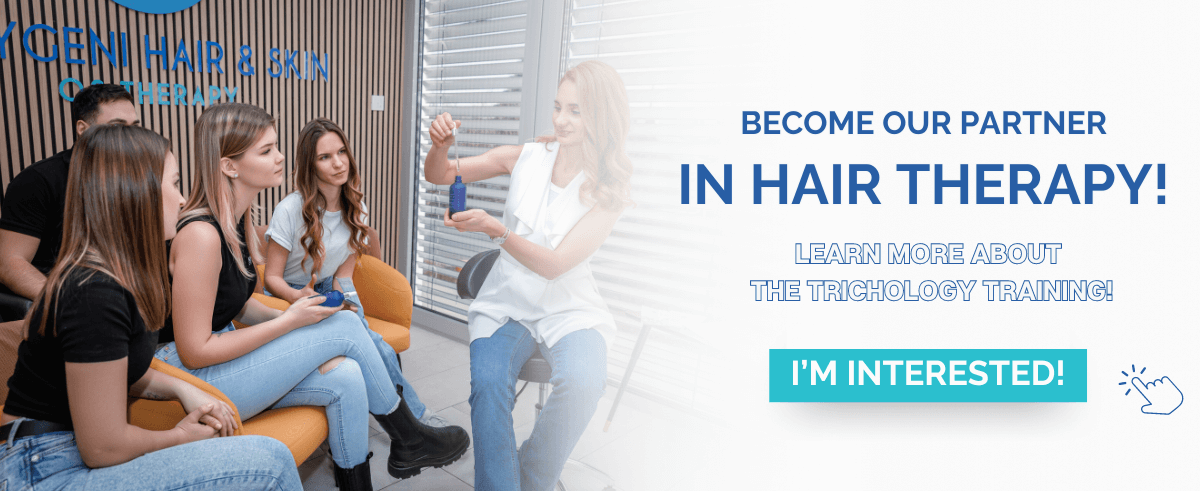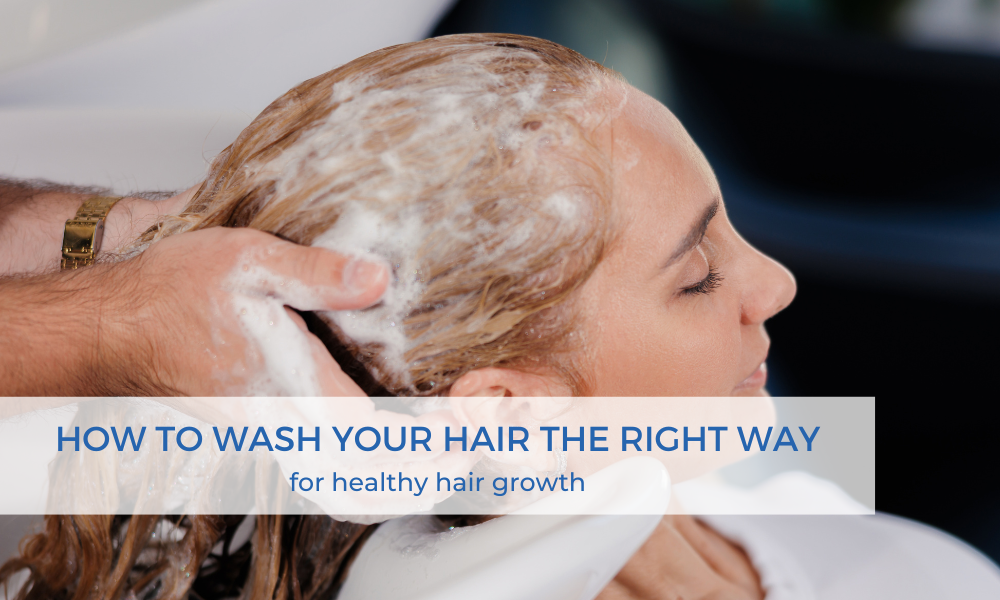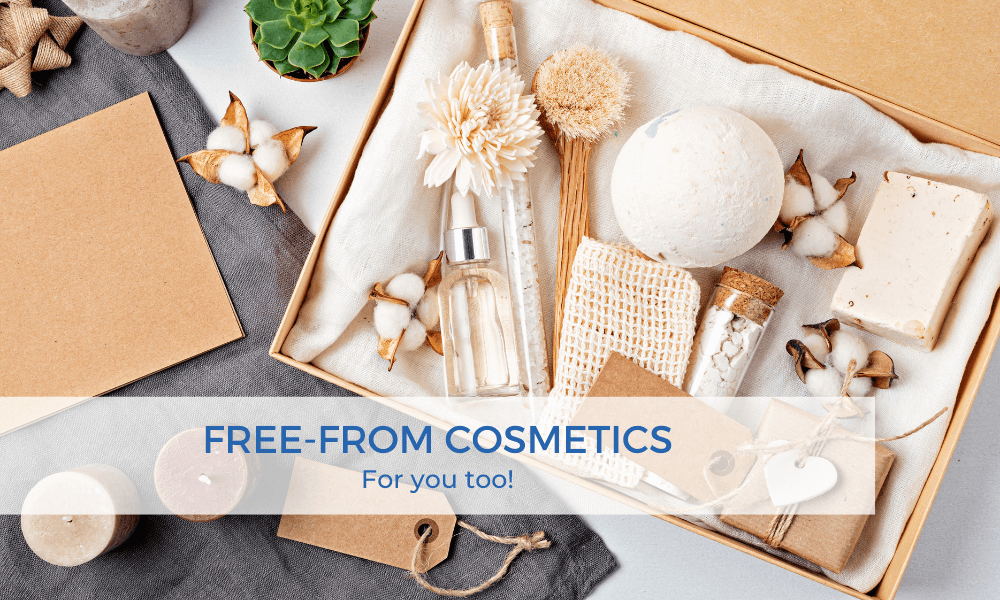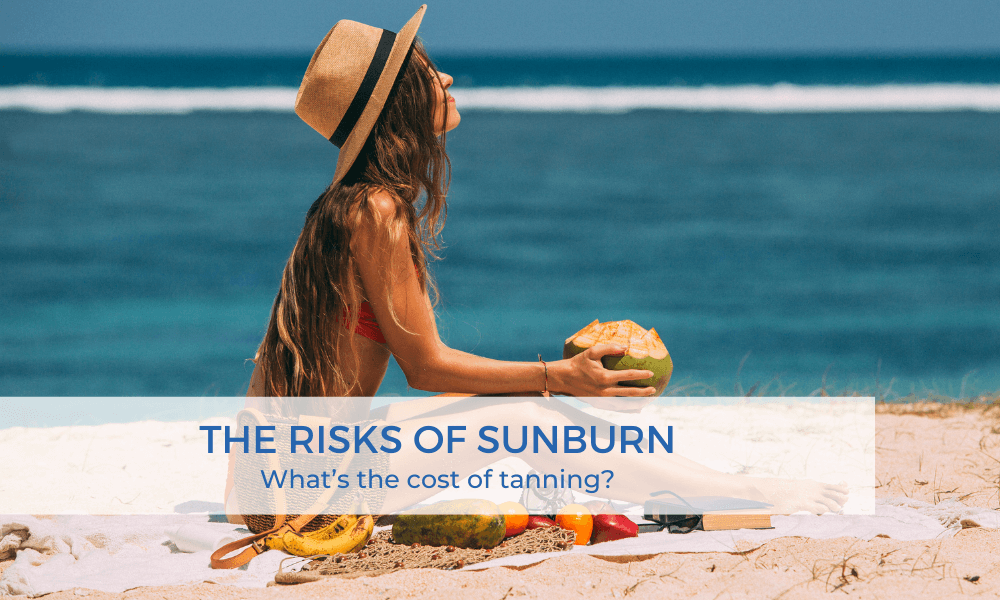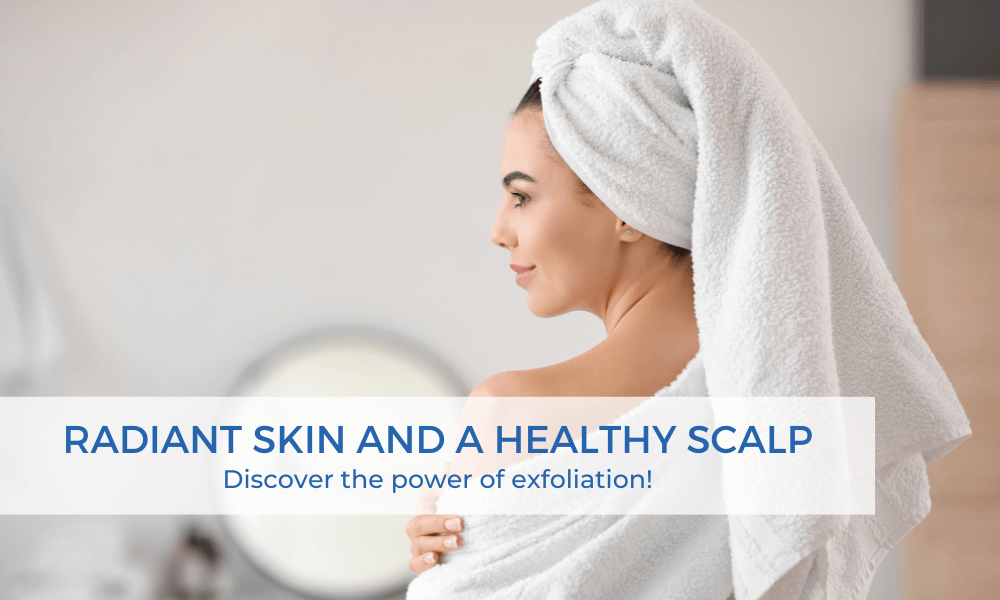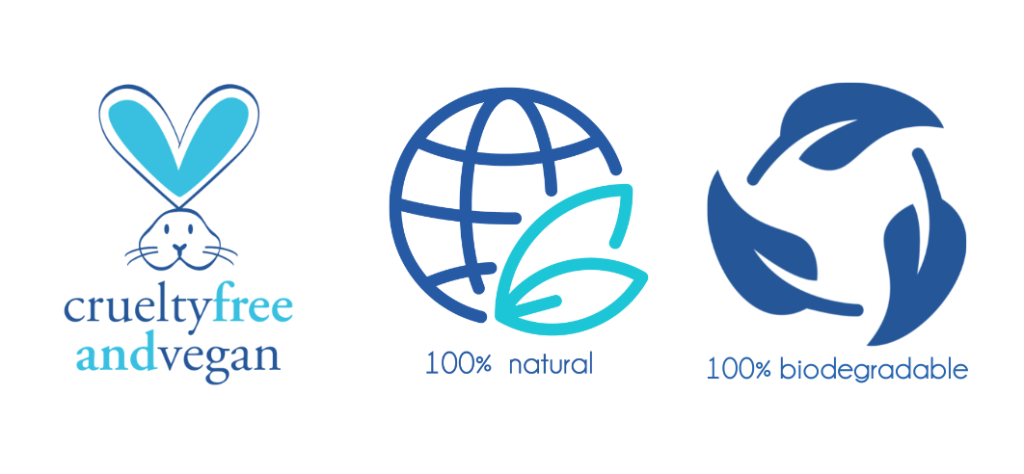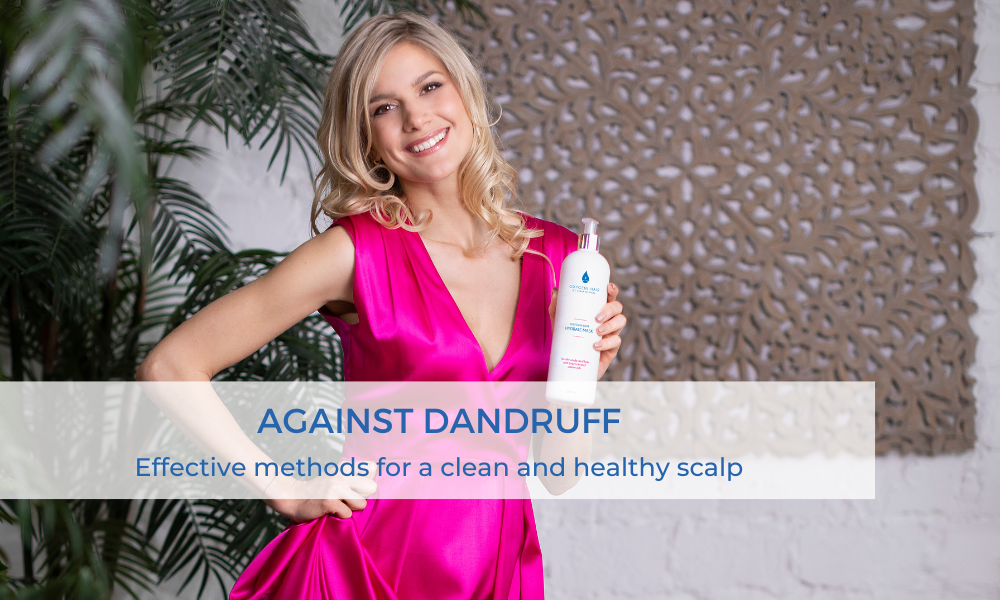
Against Dandruff: Effective Methods for a Clean and Healthy Scalp
Dandruff is a common scalp issue that almost everyone experiences at least once in their lifetime. It affects millions of people worldwide, regardless of age or gender. Although it can be unpleasant and annoying, fortunately, it is treatable. There are numerous products and treatments available that can help against dandruff.
What IS Considered Healthy Hair?
What does healthy hair look like? Healthy hair is clean, shiny, and glossy, with ends that are not split or frayed, and a scalp that is free from dandruff. The condition of our hair is one of the best indicators of our overall health, as various diseases and stress can cause our hair and nails to become dull and brittle. Hair strands are composed of different proteins and minerals, and they are lifeless structures that cannot regenerate after being damaged. The formation of hair requires numerous amino acids and minerals.
A hair strand is the product of hair follicles located in the scalp. The hair follicle is a small, pouch-like structure with its ample blood supply, from which the hair strand grows. The most crucial area in hair growth is a group of rapidly dividing cells deep within the hair bulb, known as the matrix (mother cell layer). As the matrix cells divide, they are pushed upward and gradually transform into the various layers of the hair strand. In everyday language, the term “hair root” refers to the combined structure of the hair follicle and the hair bulb.
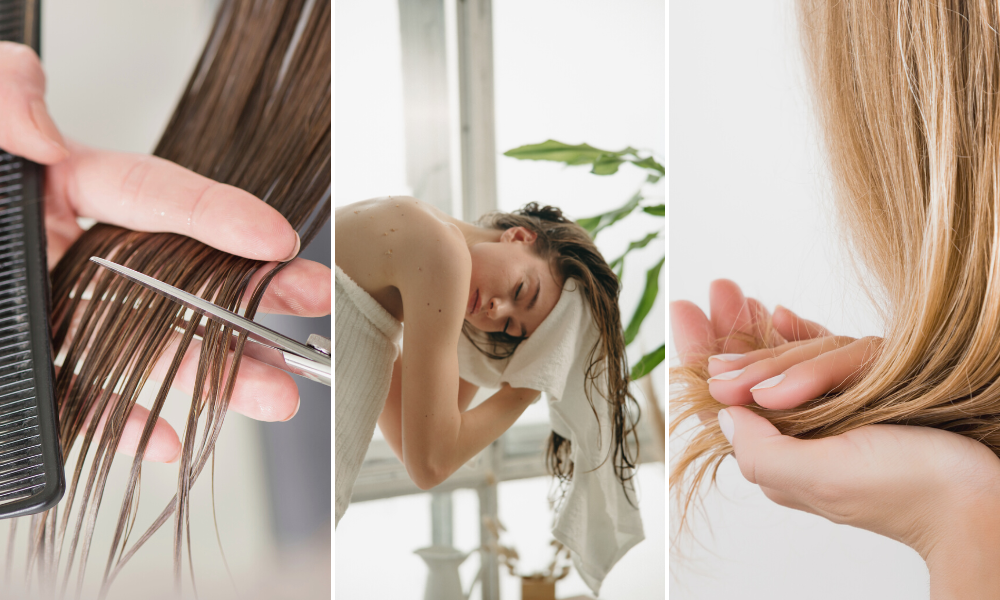
Small sebaceous glands in the hair follicle secrete an oily substance that helps the growing hair strand slide out of the follicle and coats the hair, protecting its outer layer. The hair strand itself consists of three main layers: the innermost medulla, the middle cortex, and the outer cuticle. The medulla is a thin channel in the center of the hair strand, containing pigment or, in the case of graying hair, air in place of the pigment, with its thickness varying among individuals.
The thickest part is the middle layer, the cortex, where protein bundles linked by sulfur bonds are found. The outer layer, the cuticle, consists of cells arranged like tiles on a roof, protecting the hair strand from external damage. On an adult scalp, there are usually 100,000 to 150,000 hair follicles. This density gradually decreases with age. Each hair follicle can grow 20 to 30 new hair strands during a lifetime, and the hair strand grows about one to one and a half centimeters per month.
How to Recognize Dandruff?
The most common symptoms of oily dandruff include an oily shine to the hair and a sour, greasy smell. It is characterized by yellowish-white or yellowish-brown, rounded dandruff flakes that do not fall off but remain stuck to the scalp and hair strands within 2-3 centimeters due to excessive sebum production by the sebaceous glands. In advanced stages, these symptoms are typically accompanied by unpleasant itching and scalp inflammation.
Dry dandruff causes discomfort, as the flakes cannot adhere to the sebum and instead fall onto clothing, creating an unkempt appearance. The dry, dehydrated scalp appears dull and often itches and feels tight. Due to the dry condition of the scalp, the hair also becomes stiff and brittle.
Oily Dandruff
Oily dandruff (seborrheic dermatitis) is a result of excessive sebum production on the scalp. Bacteria residing on the follicle walls break down the sebum, leading to increased sebum production. The deposited sebum, mixed with dust and external pollutants, forms a grayish, sticky layer that coats the scalp. Without treatment, the dandruff layer thickens, blocking air from reaching the scalp and clogging the skin’s pores. Untreated, hair follicles can become diseased, leading to increased atrophy and hair loss or baldness.
Dry Dandruff
Dry dandruff (pityriasis capitis) results from scalp dryness. The causes of dry hair and scalp can be both external and internal. The presence of the fungus Malassezia furfur, which does not penetrate the scalp but increases skin cell shedding, can exacerbate the condition. This otherwise harmless organism is a normal part of the skin’s flora and thrives on the scalp, feeding on keratinocytes and skin oils produced by the abundant sebaceous glands. Under normal conditions, this microorganism does not pose a problem.
Causes of Dandruff
What causes dandruff? Dandruff can have various causes, often working together to produce symptoms. It can develop in women, men, and children alike. Some common causes include:
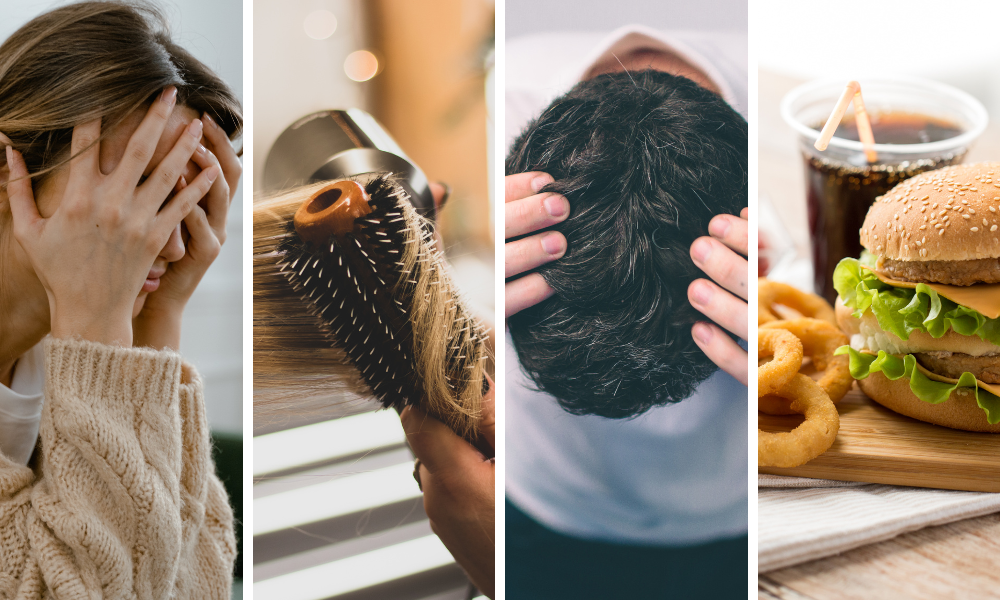
DIFFERENT SCALP CONDITIONS
Scalp issues are often associated with skin conditions like eczema, psoriasis, atopic dermatitis, and seborrhea. These conditions alter the skin’s natural oil production, leading to dandruff.
STRESS
Stress can affect the entire body, including the scalp. Increased production of stress hormones like cortisol can contribute to skin aging and the development of inflammatory skin conditions. On the scalp, stress can cause dandruff, hair loss, baldness, and even itching and scalp inflammation. Excessive stress hormone production can also weaken the immune system.
IMPROPER HAIR CARE
Using harsh shampoos, washing hair too frequently, and exposure to chlorine can strip moisture from hair strands and remove sebum. Without the oily film, hair retains less moisture and becomes naturally dry, brittle, and rough. This is especially noticeable after drying, when the hair loses its color and shine. Reduced sebum production makes the hair appear dull, hard to touch, rough, and difficult to style. The hairstyle doesn’t hold, and the ends of the hair become lighter. Hair becomes difficult to comb, makes a crackling sound when brushed, and the ends split.
FUNGI
Fungi on the scalp can also cause dandruff. These fungi typically thrive on warm, moist scalps, and their proliferation can be encouraged by excessive sweating, low immunity, or poor hygiene habits.
SEBORRHEA
Seborrhea is a scalp condition caused by overactive sebaceous glands. The layer of sebum can block the hair follicles from receiving nutrients and hinder their growth, leading to hair loss. You can read more about this issue in our blog on seborrhea.
IMPROPER DIET
An unhealthy and nutrient-poor diet, along with food allergies, can affect the health of the skin and scalp. For instance, sensitivities to dairy and gluten can often irritate the scalp and cause hair loss. Food allergies can also exacerbate symptoms of psoriasis, eczema, and other skin conditions.
HOW TO TREAT DANDRUFF?
PROPER SCALP CLEANSING
The first and most crucial step in treating dandruff is to regularly cleanse the scalp. Use products specifically designed for this purpose, which help remove excess sebum and impurities.
- Step 1:
For an effective cleansing routine, three essential products are needed. Start with shampoo. Use Detox Wash. This product gently cleanses the scalp of dandruff, preparing it for further treatments.
- Step 2:
The mask deeply hydrates and nourishes the scalp, supporting its healthy function. This nourishing step is especially important if the scalp is dry, dandruff-prone, or irritated.
- Step 3:
Finally, the third product in the routine is Detox Oil, which helps detoxify the scalp and skin, reducing dandruff and inflammation. After using the oil, the scalp feels cleaner and fresher.
These three products combined form an effective routine for cleansing and nourishing a dandruff-prone scalp. Regular use helps alleviate discomfort and maintain scalp health.
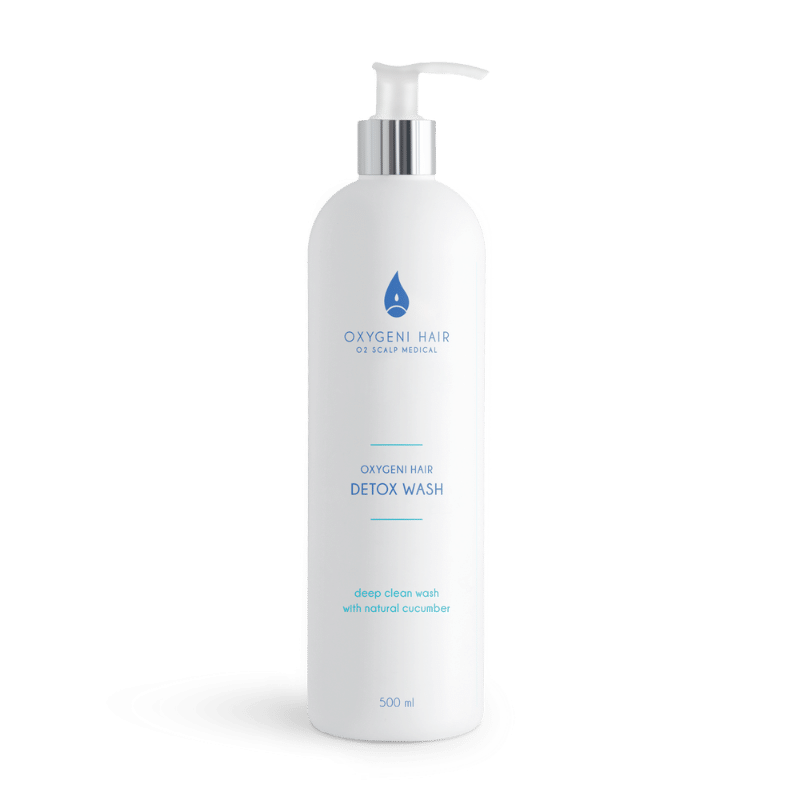
Detox Wash
Detox Wash is an ideal choice for fighting dandruff as it helps care for oily scalp and skin with its multifunctionality. The main active ingredient, cucumber extract, has sebum-regulating properties and helps reduce excess sebum production. It also cleanses deeply and tightens pores, while its anti-inflammatory properties reduce dandruff-induced irritation and itching.
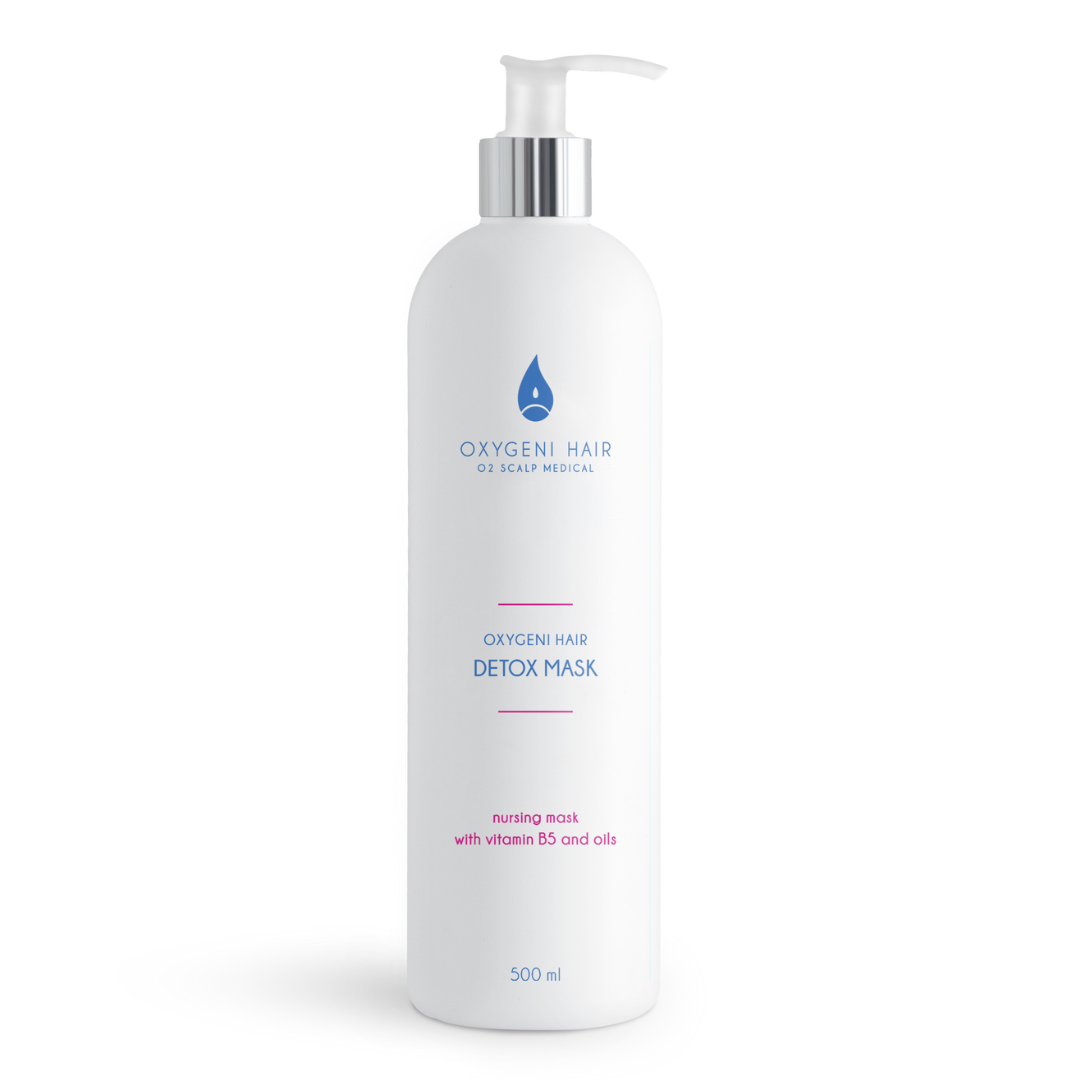
Detox Mask
Detox Mask is a deeply hydrating and nourishing mask, particularly recommended against dandruff. Its B5 vitamin and cucumber extract content help restore pH balance while deeply nourishing hair strands. The mask can be applied not only to the hair ends but also to the scalp, improving overall scalp health and reducing dandruff. Its plant-based keratin and silicone content help achieve the desired results without chemicals. With its use, hair becomes softer and more manageable, while the active ingredients deeply penetrate the scalp.

Detox Oil
The tea tree and rosemary oil, contribute to detoxifying the scalp and skin, reducing dandruff and inflammatory processes. The product is rich in vitamins, minerals, and trace elements. It is a perfect solution for treating infected, inflamed, or damaged skin layers. The vitamin-rich rosemary oil helps prevent scalp and skin flaking and strengthens the hair. Due to its formula, it has cleansing and hair growth-stimulating properties, soothing the skin and thereby reducing dandruff and inflammation.
VALUABLE INGREDIENTS IN THE PRODUCTS
PANTHENOL
Also known as vitamin B5, it is an essential element for the body. It participates in the regeneration of tissues and mucous membranes, the restoration of damaged skin, and promotes cell renewal. Additionally, pantothenic acid speeds up fat metabolism, reduces tissue inflammation, and strengthens collagen fibers. Panthenol has a wide range of effects and can be used for numerous problems. The trace elements containing B5 vitamin penetrate the scalp layers, positively affecting the hair follicles and strengthening them. It helps eliminate dandruff, dry scalp, itching, and excessive sebaceous gland activity. Hair strands become smoother, more vibrant, silkier, and thicker.
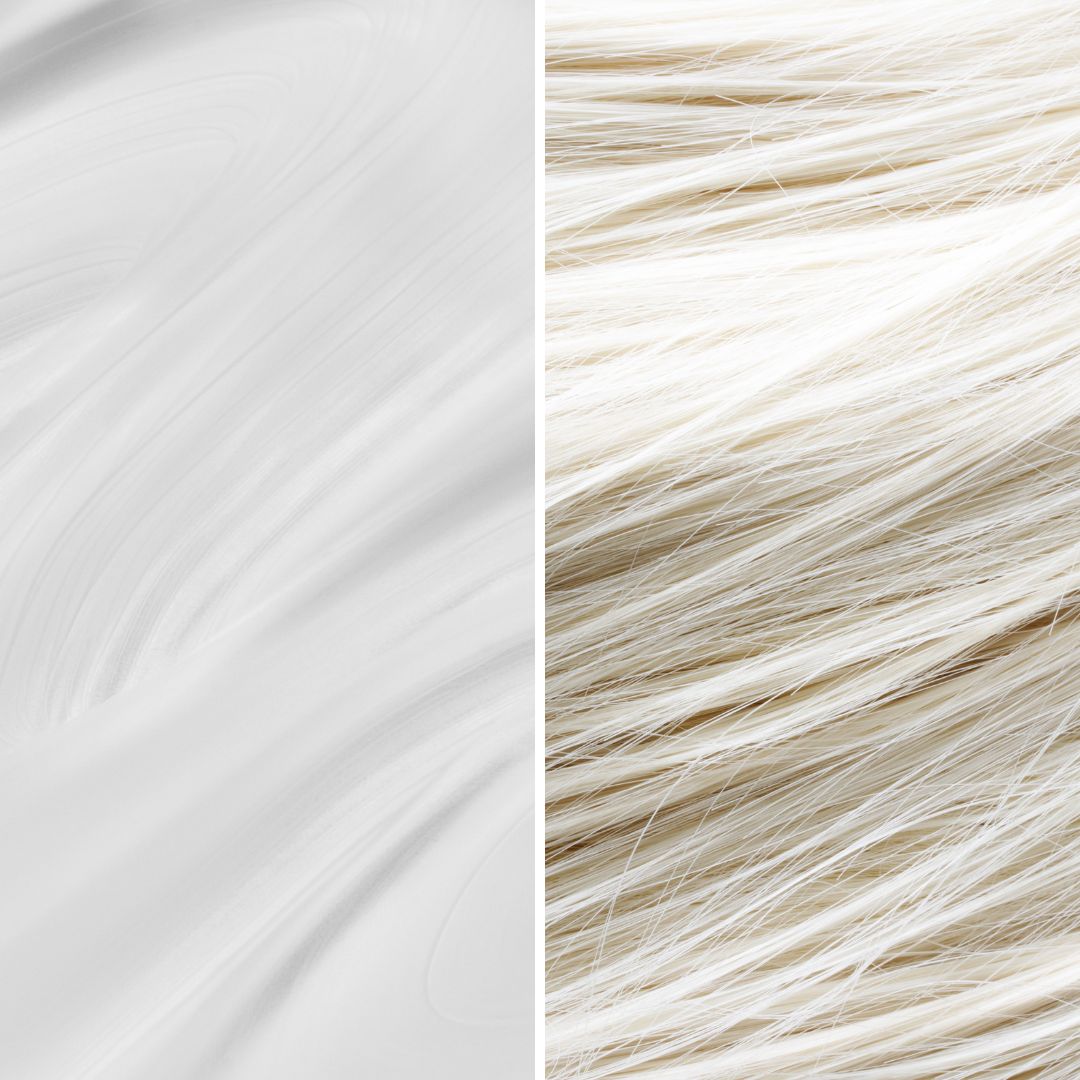
CUCUMBER EXTRACT
Cucumber extract excellently nourishes the skin, as it is rich in vitamins and trace elements essential for maintaining skin health. The extract has powerful moisturizing properties, helping to retain skin moisture and prevent dehydration. Additionally, it has anti-inflammatory properties, which can be particularly useful for sensitive and irritated skin. The active ingredient has a soothing effect on the skin, reducing redness and alleviating irritation. This helps alleviate itching and skin sensitivity. Another benefit is its effective fight against pigment spots. The ingredients help brighten the skin and reduce pigmentation, resulting in a more even and radiant complexion.
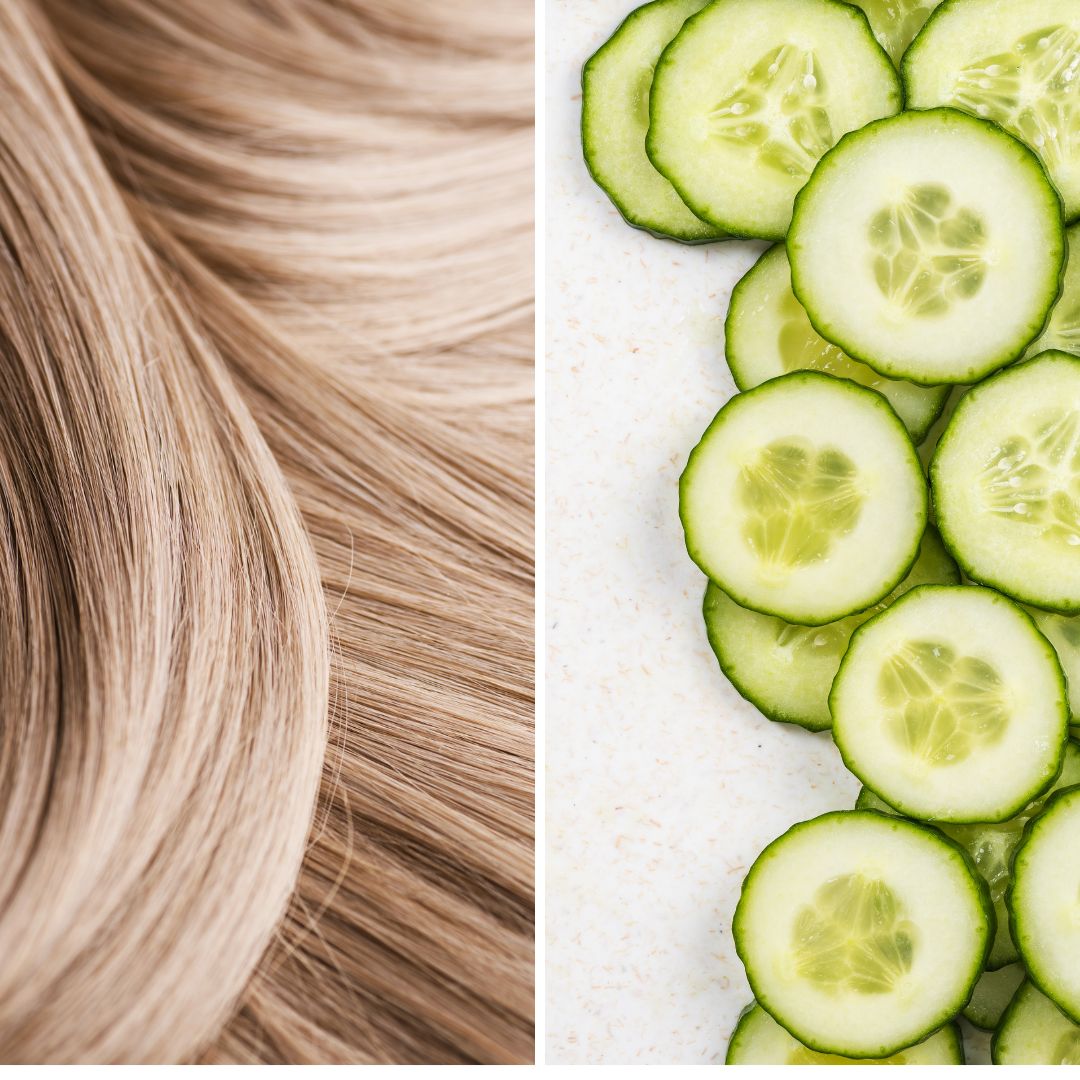
COCONUT TENSIDES
Contains high amounts of vitamins B, C, and D, essential fatty acids, various minerals, and trace elements. Boosts scalp immunity, helps reduce inflammation and irritation, revitalizes hair follicles, and promotes hair growth, strengthening hair strands. Improves the resistance of hair roots against environmental factors. Prevents or reduces hair loss, has a firming and toning effect, increases skin density, enhances cell adhesion mechanisms, stimulates the synthesis of extracellular matrix elements, and helps improve the viability and production of fibroblasts in the skin. Contributes to maintaining the structural integrity of the skin and increasing its collagen-producing ability.
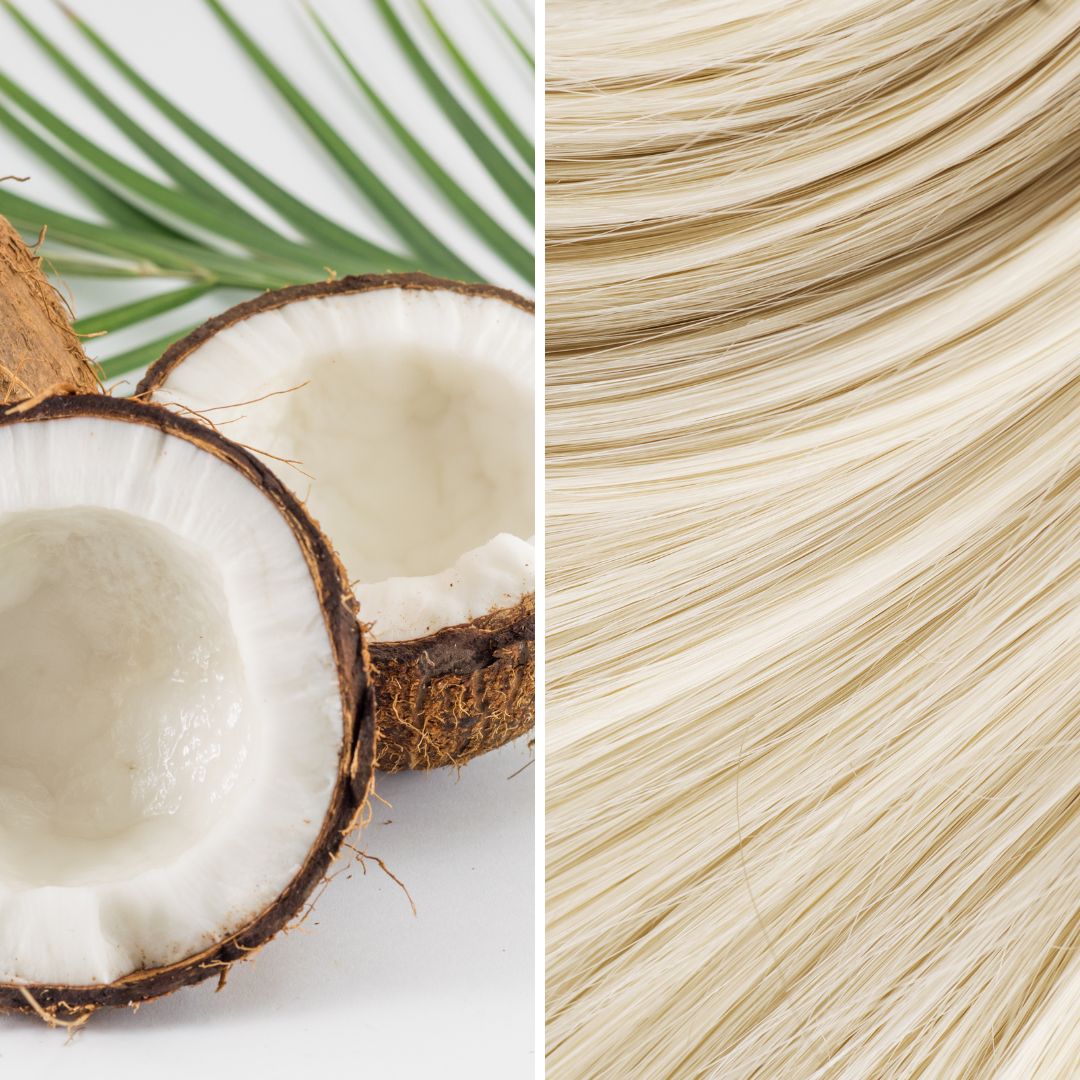
JOJOBA OIL
Jojoba oil has a water-binding effect: it forms a protective layer on the skin and helps retain moisture, making it an excellent moisturizer. Additionally, it helps prevent bacterial infections and can even help treat dandruff-prone scalps. It not only helps kill bacteria but also fungi. It naturally contains vitamin E, one of the best skincare ingredients. It does not clog pores, allowing the skin to breathe, making it suitable for those with oily, acne-prone, and inflamed scalps. Due to its antioxidant content, jojoba oil can stimulate the body’s collagen production, helping maintain the skin’s youthfulness and firmness.
Jojoba oil is also very effective for oily, acne-prone skin, as it has anti-inflammatory properties. Regular use helps prevent split ends, resulting in strong and shiny hair. It relieves itchy scalps and reduces hair loss. After jojoba oil treatment, hair follicles clear up and become healthy again.
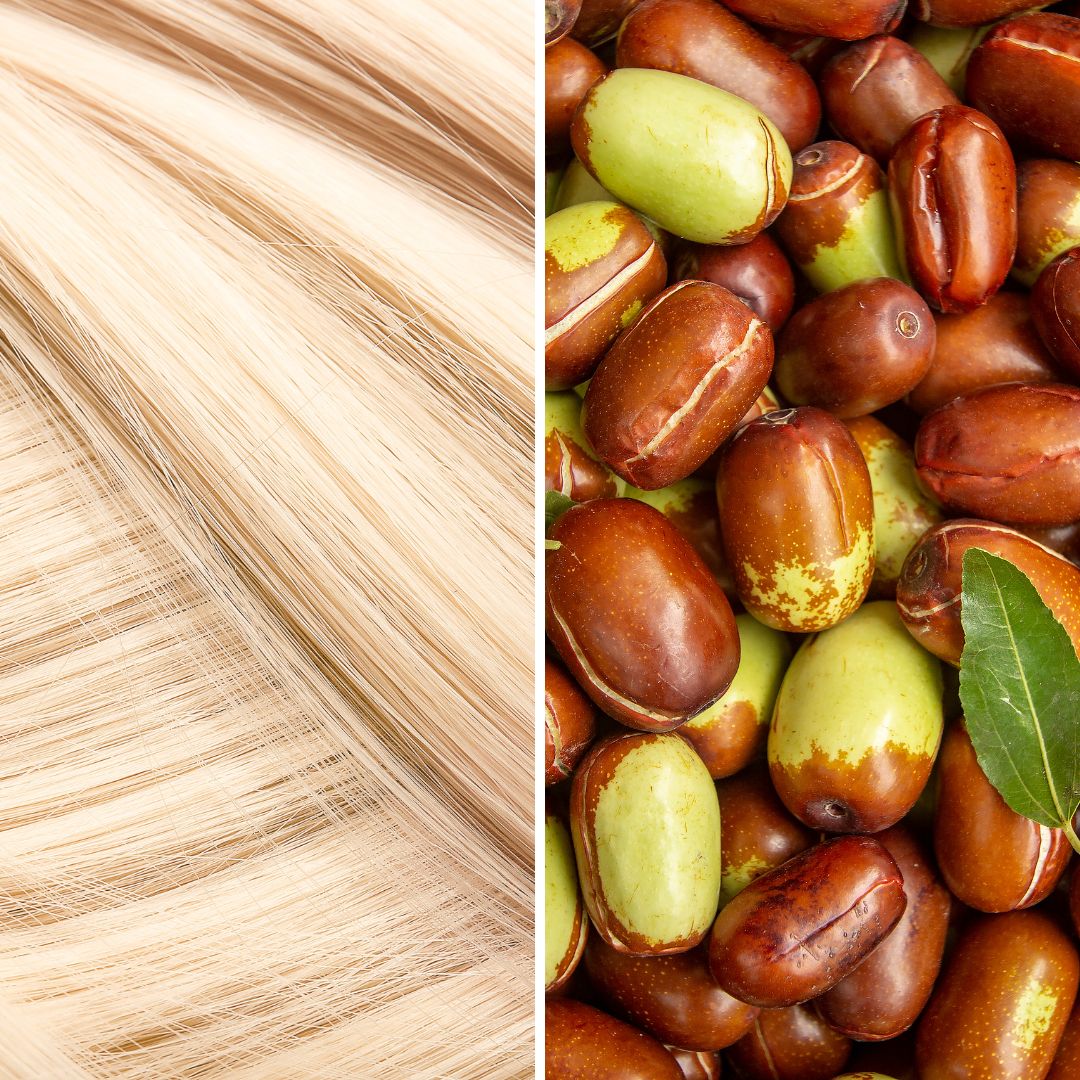
ROSEMARY EXTRACT
Soothes the scalp and reduces irritation. It calms even the most intense flare-ups. Eliminates itching, redness, and inflammation. Strengthens hair follicles, helping to stop hair loss and promote hair growth. Additionally, it strengthens hair strands and gives them shine.
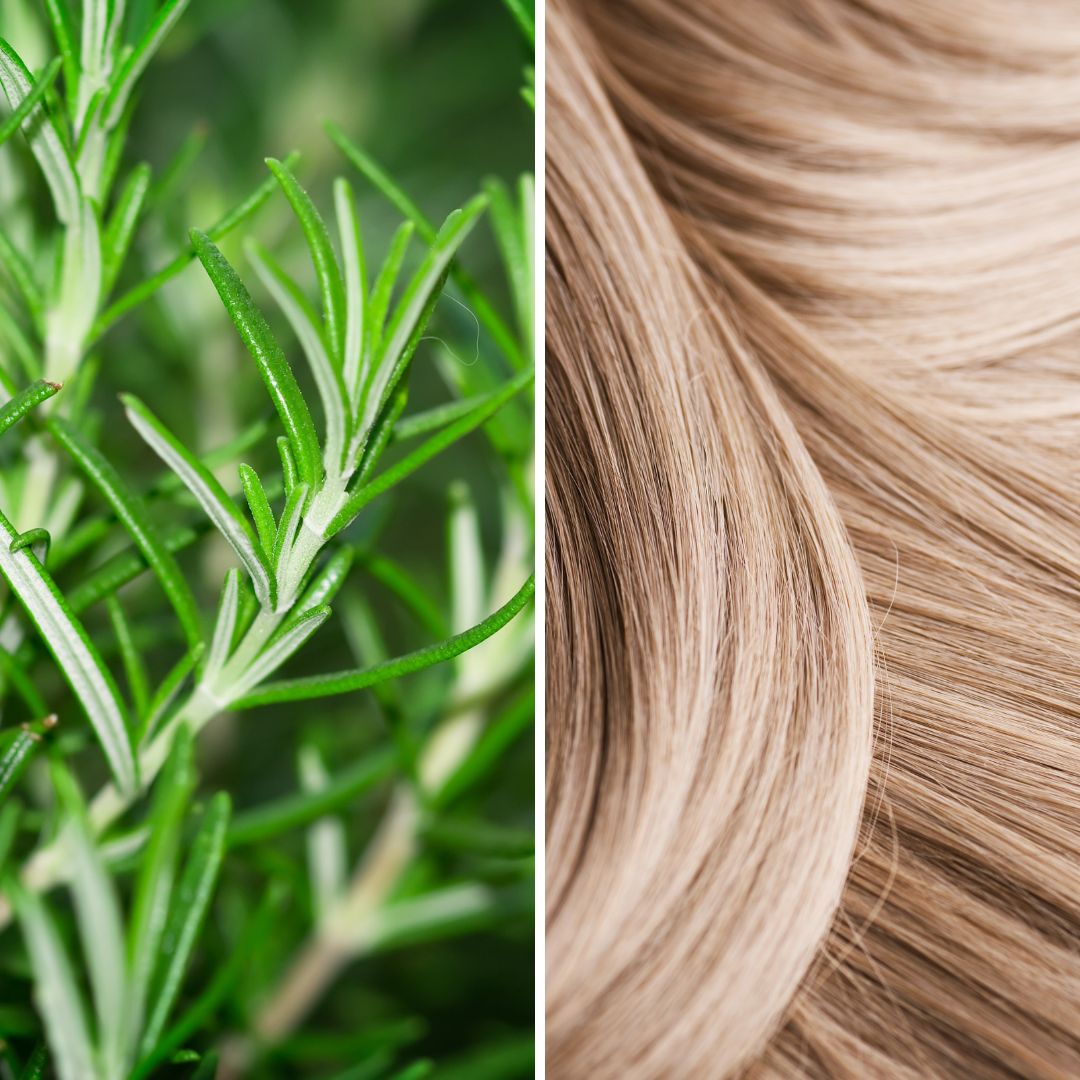
OLIVE OIL
With its nourishing, moisturizing, and skin-softening properties, olive oil has multiple beneficial effects on the skin and hair. It delays skin aging, and the hair becomes fresh and shiny. Softens and nourishes the skin, exerting its effects even in the deeper layers and maintaining natural moisture balance. Due to its mild anti-inflammatory properties, it helps irritated, cracked, and chapped skin. Nourishes, strengthens, and revitalizes the hair. Its exceptional moisturizing ability is beneficial for both the scalp and hair. As it is a gentle, natural oil, even those with the most sensitive skin can safely use it.
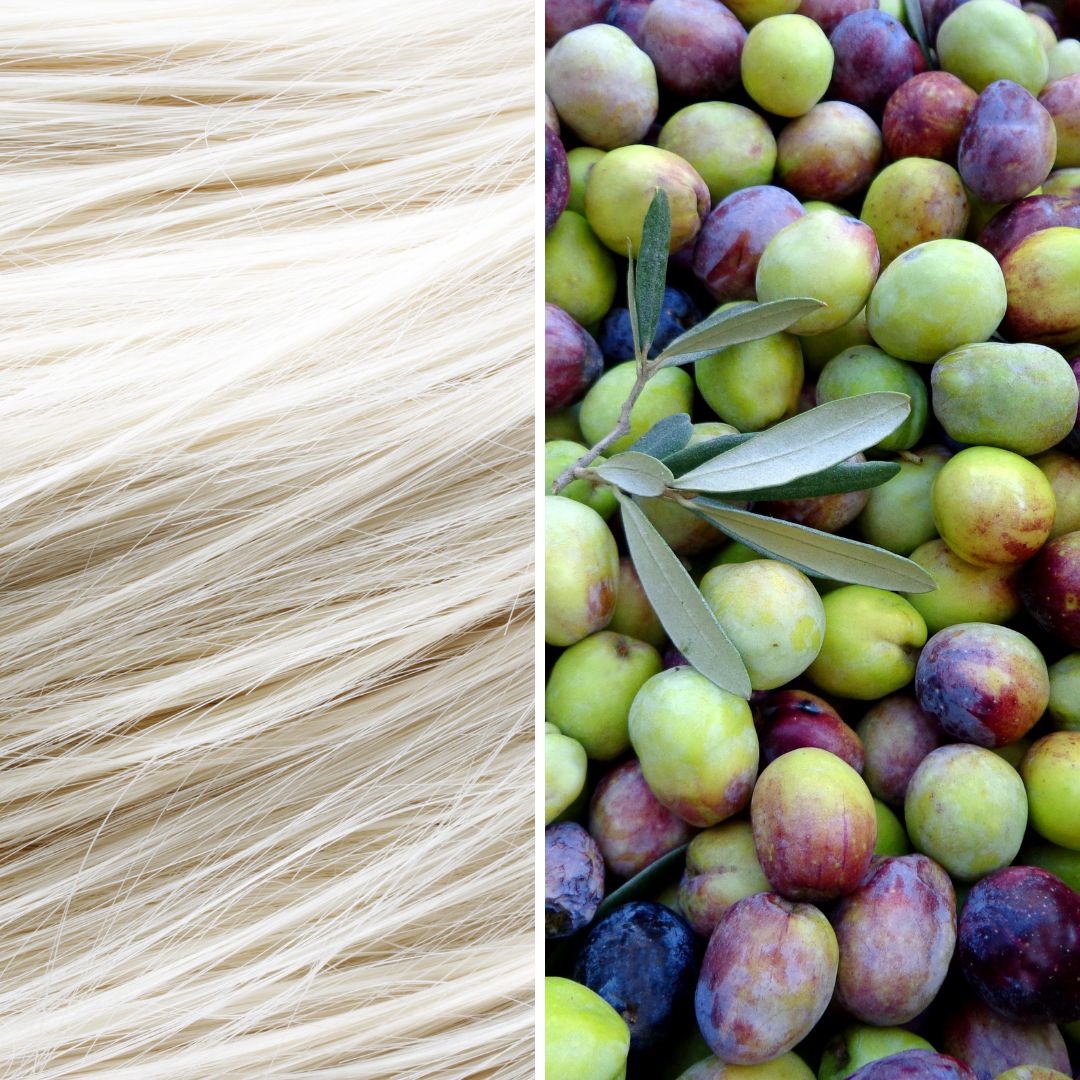
OXYGEN THERAPY
Dandruff, and especially the white flakes appearing on the scalp can not only be uncomfortable but can also cause itching and be bothersome in everyday life. If you are struggling with dandruff here is an effective method to combat dandruff.
Oxygen therapy is based on strengthening the immune system, making it applicable to any scalp and hair care problem, guaranteeing positive results. The treatment is 100% reliable and risk-free, based entirely on natural ingredients. Proper oxygen, vitamin, and mineral supply to the hair follicles revitalizes them, strengthens and densifies the hair strands, while the scalp is cleansed of impurities and dandruff, regaining its proper pH value. Oxygen therapy treatment can be used for any scalp and hair care problem, reducing healing and regeneration time.
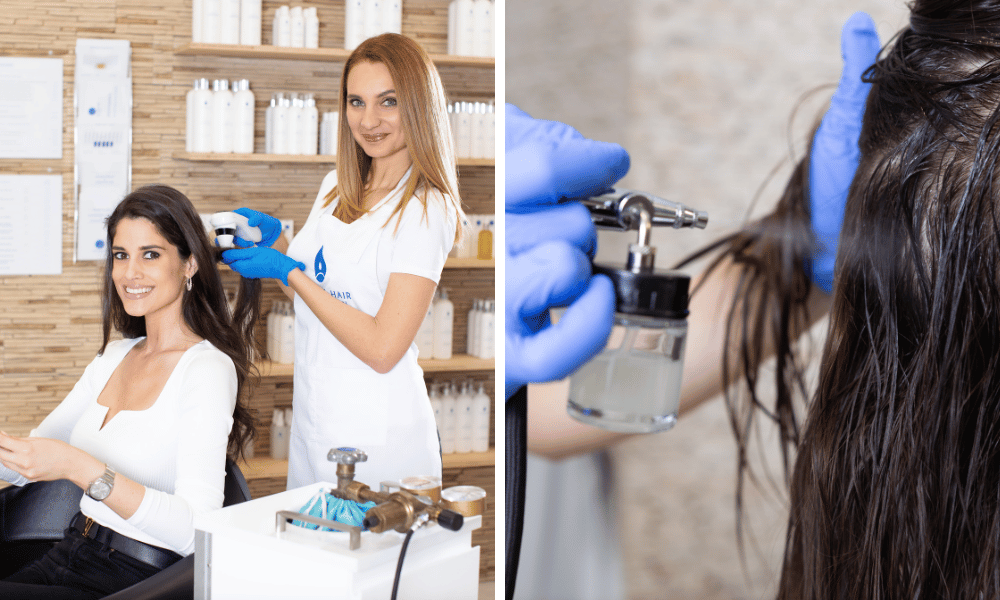
OXYGENI HAIR RESULTS
HEALTHY DIET
Our diet significantly impacts the health of our skin. Consuming high-sugar and high-fat foods, as well as alcohol, increases the risk of dandruff. Moreover, poor nutrition often leads to deteriorating skin conditions, including the scalp.
To maintain a healthy scalp, it’s advisable to choose foods high in B vitamins and omega-3 fatty acids. B vitamins help maintain skin health and hydration, while omega-3 fatty acids have anti-inflammatory properties and help preserve skin elasticity and vitality. Incorporate foods such as whole grains, legumes, leafy greens, fish, and seeds into your diet to support scalp and skin health.
Internal support and immune-boosting play a crucial role in combating dandruff. Dandruff often occurs when the immune system is weakened or when the body lacks adequate nutrition. Strengthening the immune system and ensuring proper nutrient intake are important because they can help maintain healthy skin and hair, and reduce the risk of fungal infections.
HOW CAN THE RIGHT PRODUCTS WORK AGAINST DANDRUFF?
Thanks to the special formula of Detox Wash and Mask, they effectively combat dandruff, especially in oily and flaky scalp conditions. Cucumber extract regulates sebum production and reduces inflammation, while coconut oil‘s moisturizing effect and its vitamin E content soothe the skin and repair damaged cells.
Panthenol promotes skin regeneration, strengthens collagen fibers, reduces tissue inflammation, and prevents excessive sebum production, thereby preventing dandruff formation and helping to eliminate existing issues.
The olive oil in Detox Oil delays skin aging with its nourishing and moisturizing properties, while giving hair a fresh and glossy appearance. Its anti-inflammatory properties help heal irritated, cracked, or damaged skin. Jojoba oil prevents skin dryness due to its water-binding capacity and effectively protects the skin from bacterial and fungal infections. Regular use results in strong, shiny hair, reduces scalp dandruff, itching, and hair loss.
The ingredients of these products help cleanse the scalp and skin, fade pigment spots, and improve skin appearance. Their strong moisturizing properties result in healthy and hydrated skin.
Remember that dandruff is unpleasant but manageable, and with timely action, you can avoid many discomforts. Ultimately, the key to combating dandruff is prevention and regular scalp care. By keeping our scalp clean and healthy, we can reduce the likelihood of its occurrence and maintain the health of our skin.
CELEBRITIES WHO STRUGGLE WITH DANDRUFF
CIARA
In 2019, it was revealed that American singer Ciara was not spared from dandruff. The singer uploaded a picture of herself wearing a black shirt to social media, showing white dandruff patches on the shirt.
BRAD PITT
Ciara is not the only celebrity struggling with dandruff. Even famous actors like Brad Pitt may deal with itchy scalp issues. The discomfort arose during the filming of “Fight Club” when the actor had to grow longer hair. Brad Pitt struggled with the extra care required for his long hair, which led to dandruff due to improper care.
TYRA BANKS
Her modeling career began at the age of 15. Her career took off when she became one of the faces of Victoria’s Secret. Since then, she has been building her career not only as a model but also as an actress, singer, and TV host. When it comes to hair problems, she is very open about her dandruff. She openly stated that she is bothered by the itching and discomfort associated with dandruff.
OXYGEN THERAPY AND OXYGENI HAIR PRODUCT REVIEWS
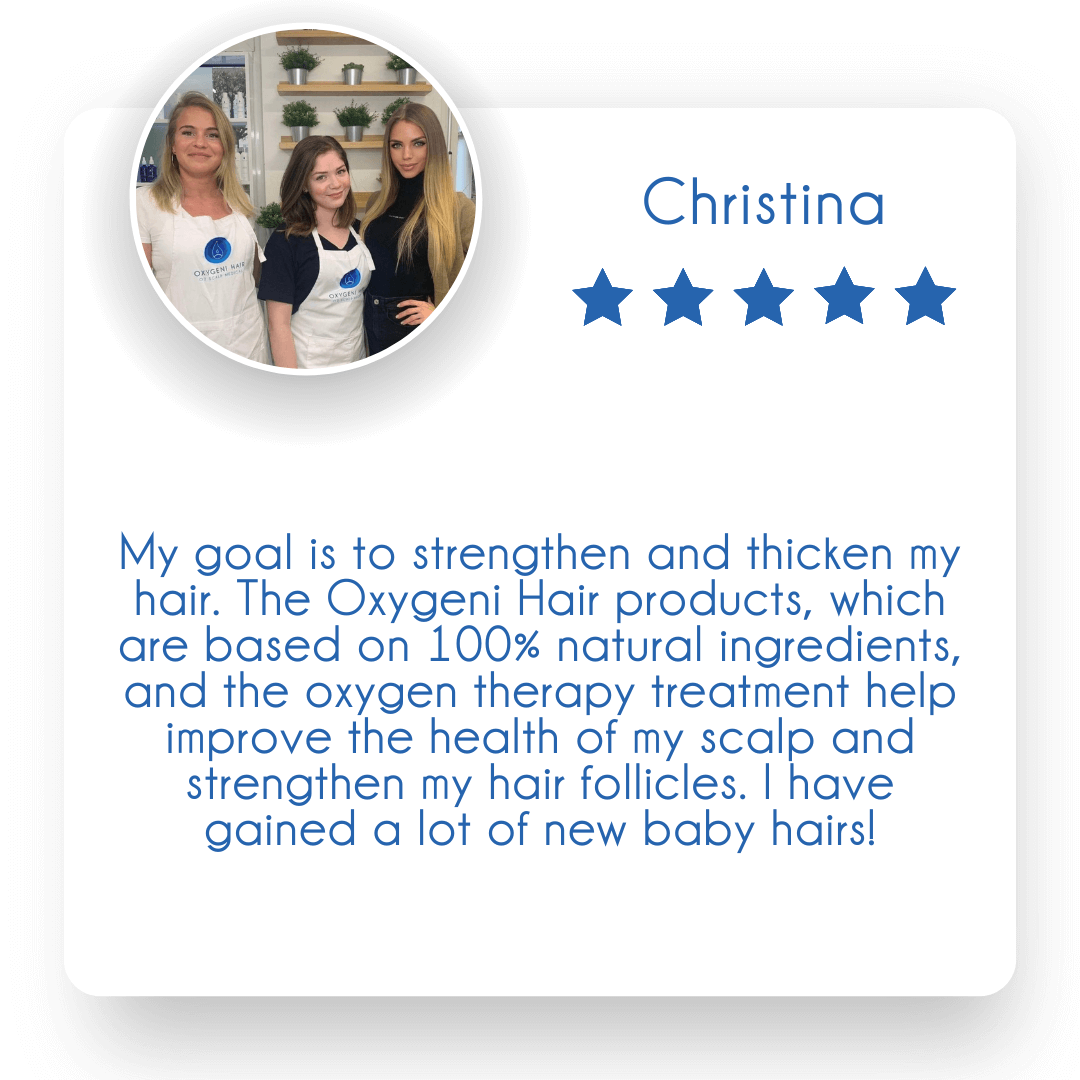

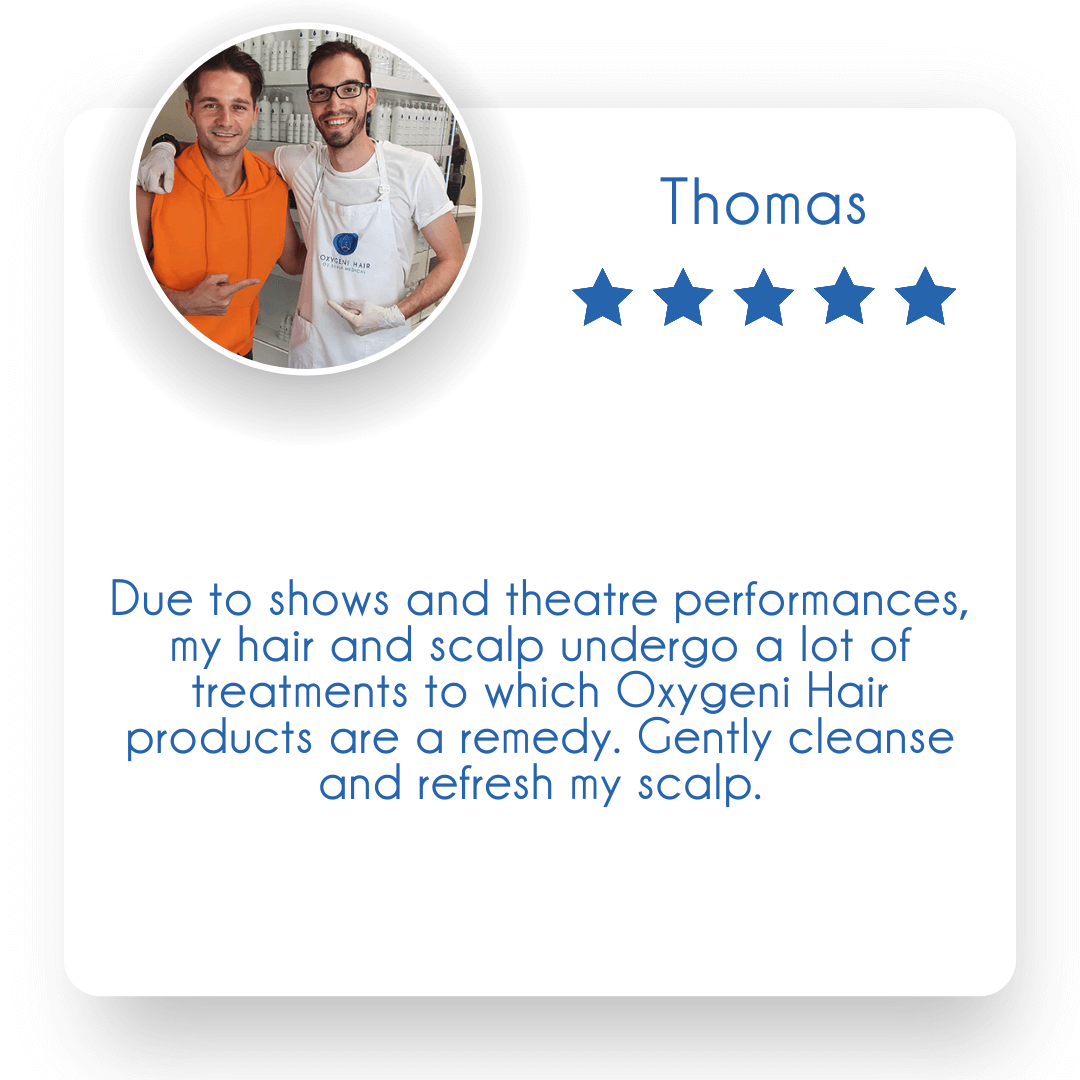
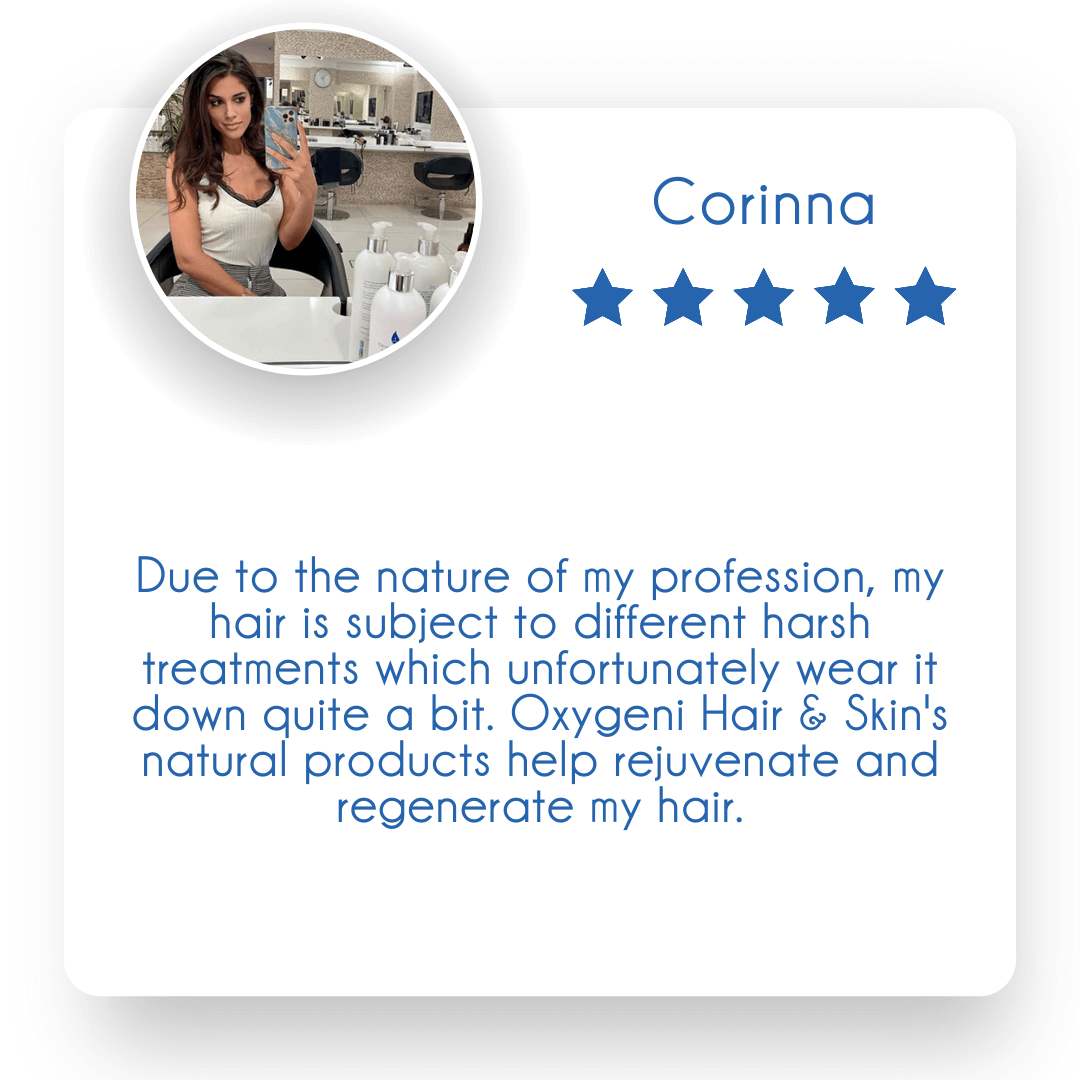
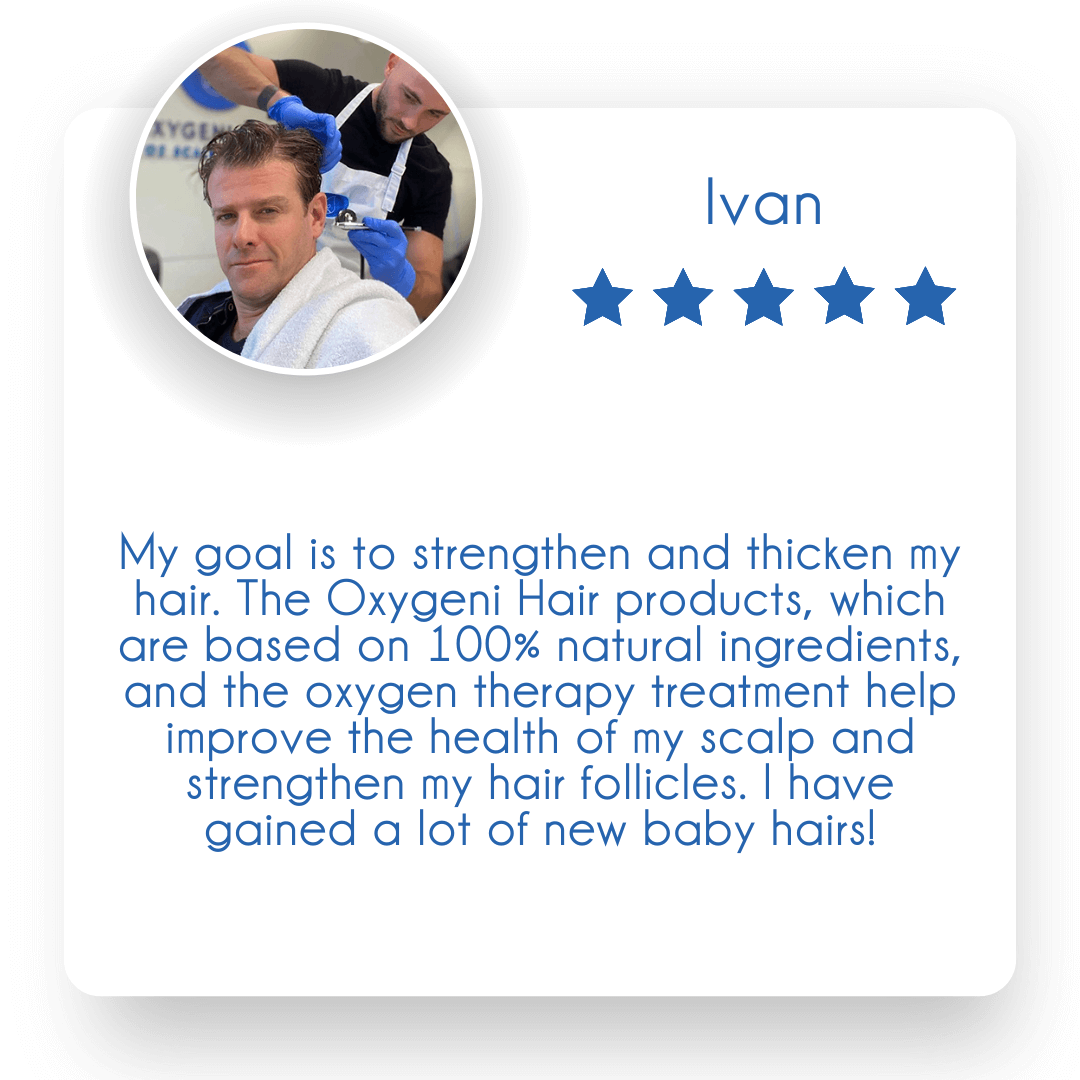
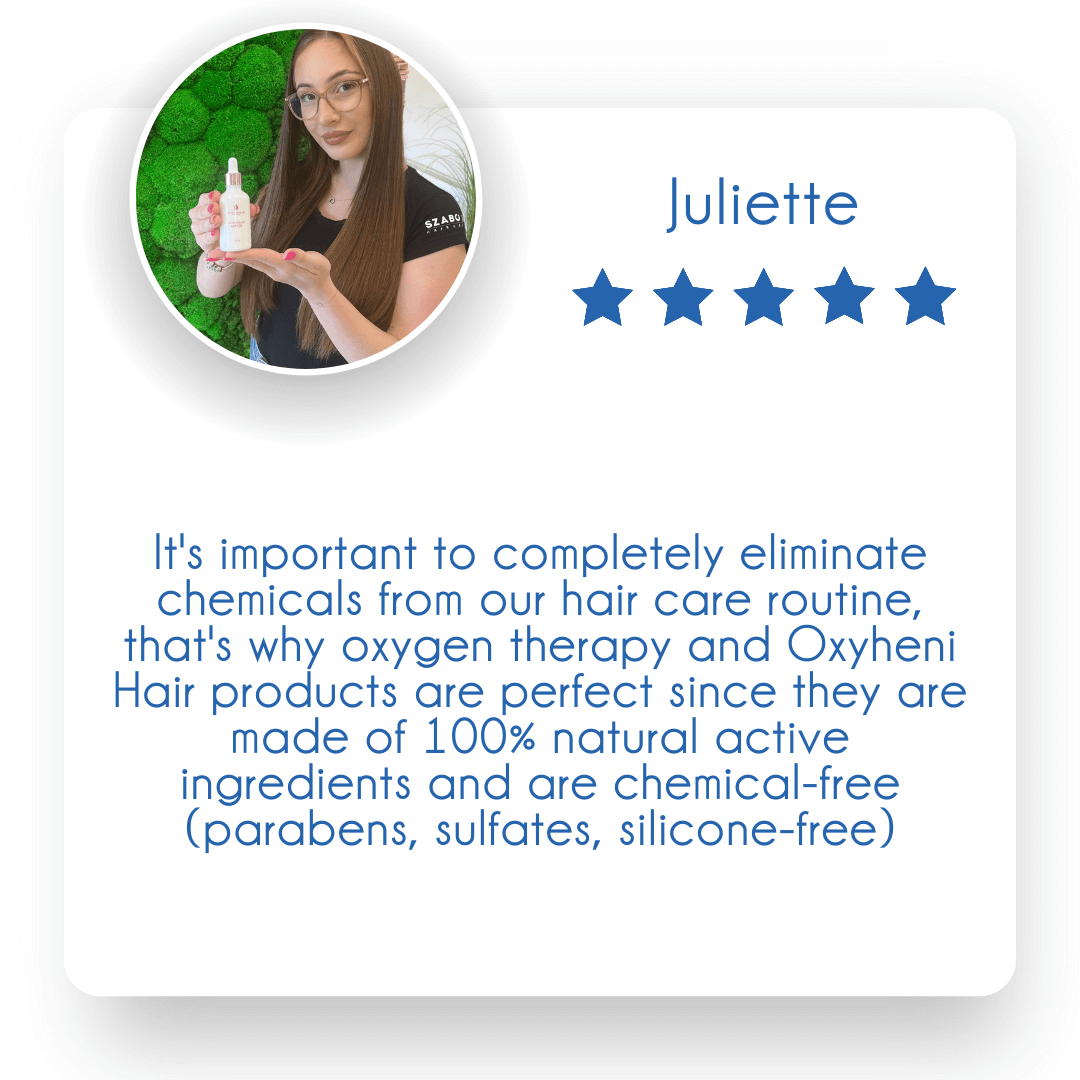
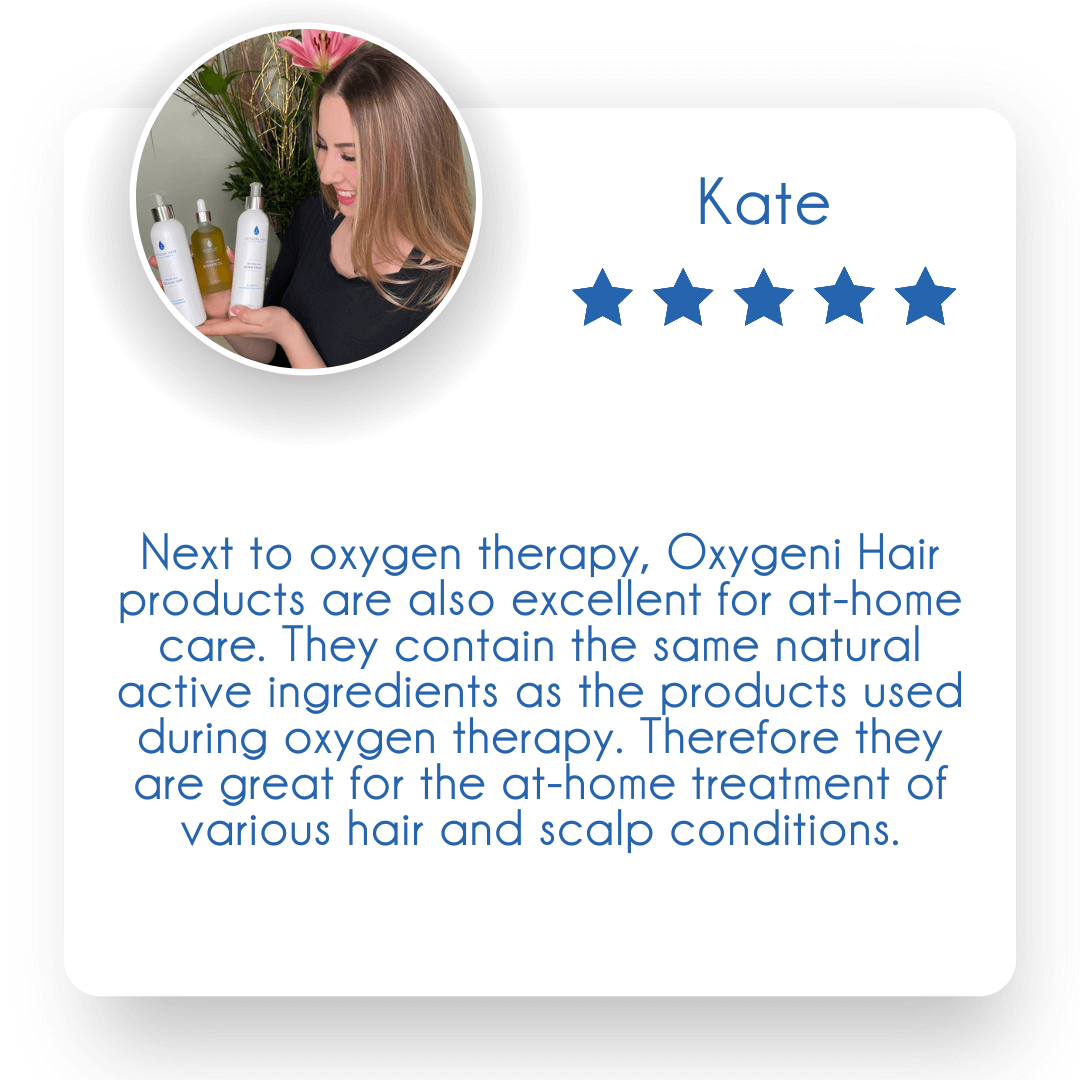
Follow us on our social media platforms!
